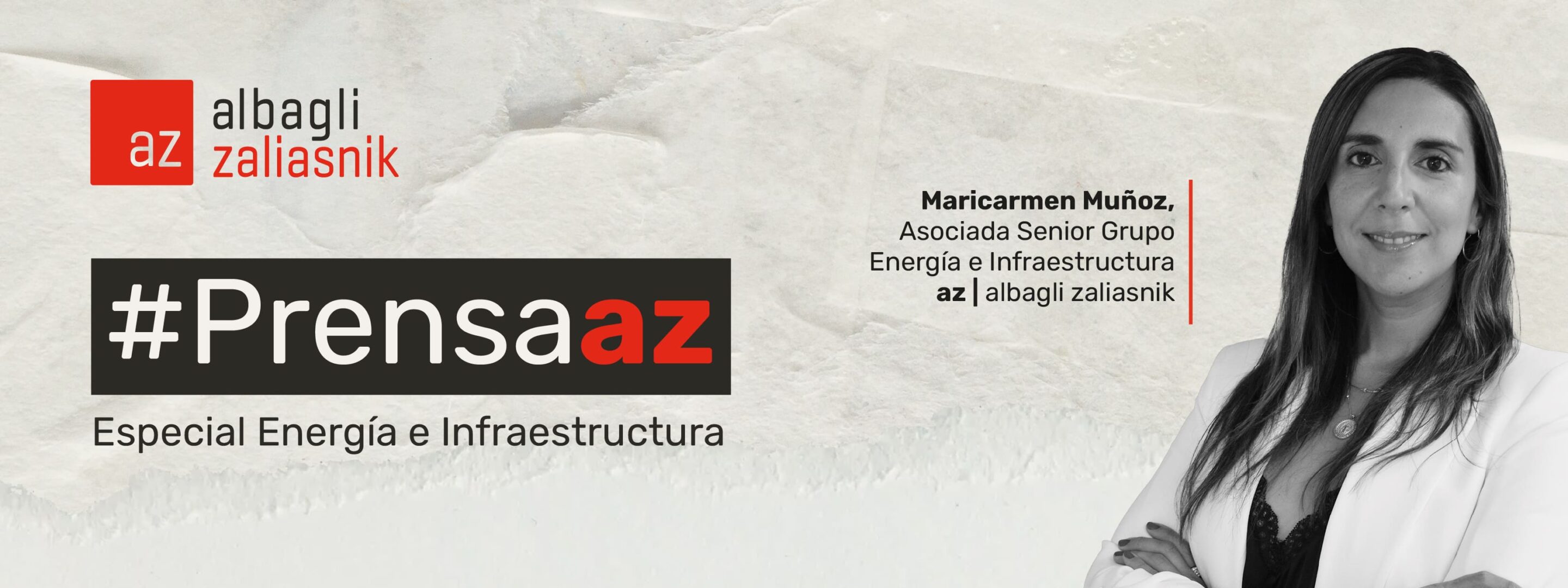Four Intellectual Property experts outline the risks that arise in the legal arena in the face of this type of innovation.
When does an Artificial Intelligence (AI) creation become legally protected? Does it make a difference whether it is a human or artificial creation? These are some of the questions being asked in the advertising and trademark world, as well as in the patent field, in the face of the growing incorporation of generative AI in disciplines related to design and invention. In fact, many of these organizations are already working on AI usage protocols and reviewing contracts to secure the intellectual property of their creations.
In Chile, there is nothing in the legislation today that requires that trademarks must be created by human intelligence. “Firstly, because the Industrial Property Law was dictated and has been modified in times when the use of AI still seemed distant in everyday contexts. And, secondly, because the registration of a trademark focuses on the result (symbol, design and sound) and not on the creative process,” says the director of Carey’s Data Protection group, José Ignacio Mercado.
The main doubts are regarding the possibility of recognizing the AI as an inventor and also regarding who is the true owner of an AI-generated invention, whether it is the one who created the AI system or the one who used it to generate a result.
Antonia Nudman, senior associate in az‘s IP, Tech & Data group, adds that in this case (Dabus), despite the jurisprudential consensus that the inventor of a patent must be a natural person, “the use of AI systems is a reality in most patentable inventions, and this puts another discussion on the table: what is the degree of human intervention necessary for the invention to be granted industrial protection?”
“To this end, it is key to foster consistency and balance between technological reality versus preserving the importance and contribution of human ingenuity in the invention process” he adds.
Source: Diario Financiero, December 06, 2024.


